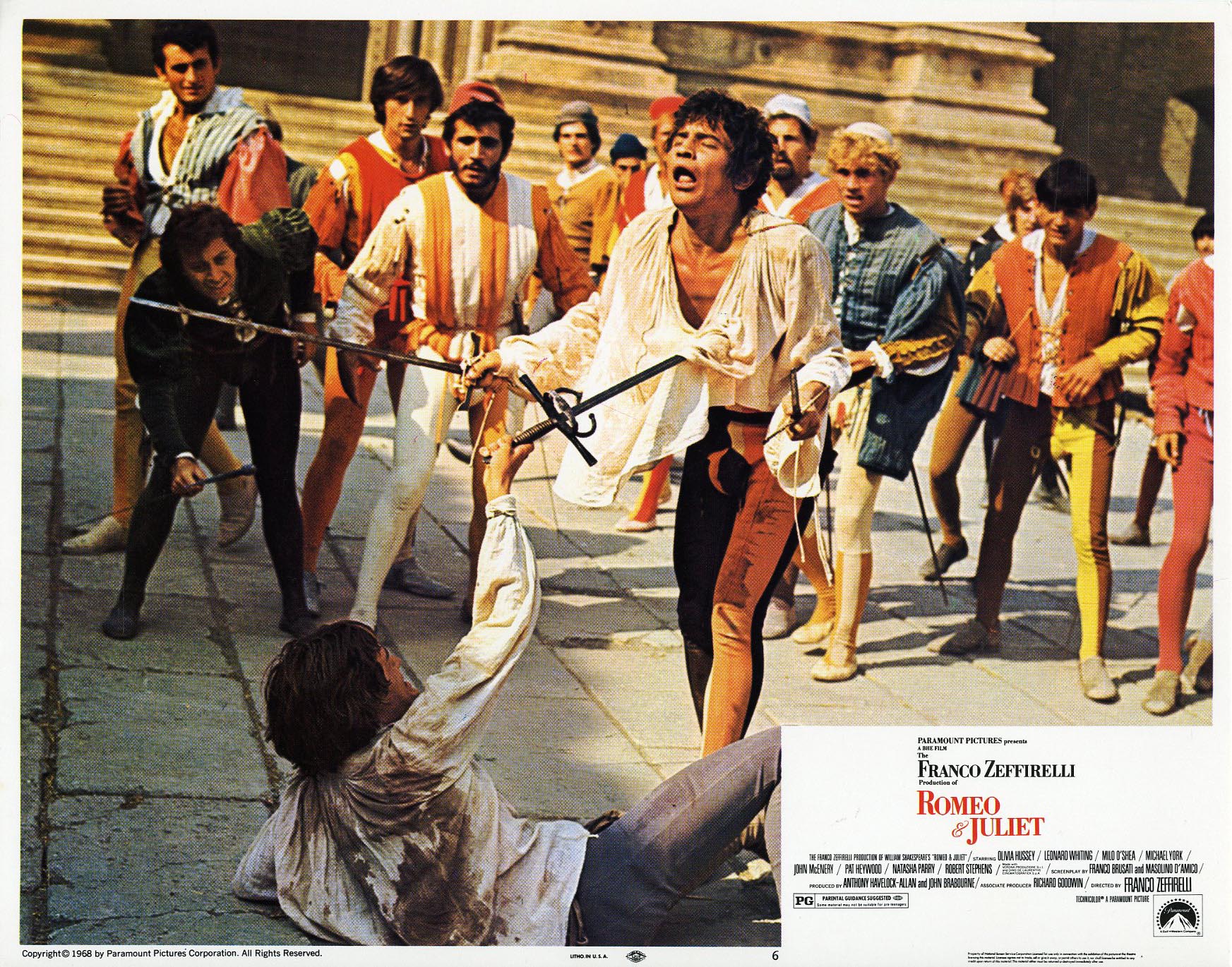
“I’ve been talking about this all season in different interviews, that there was a period of time I was reading something and I had to just stop. “When I read it, I had to stop,” he shares. So when the group returns with a story about how their next meal was determined by the wilderness, Travis buys in and partakes in their next feast - and he takes the first bite of Javi, nibbling into his little brother’s heart.
ROMEO AND JULIET ROMEO RASH DECISIONS SERIES
After it was determined that Natalie (Sophie Thatcher) would be sacrificed for the starving survivors to eat, she ran and when Javi fell through the ice, she and her teammates actively chose to let him die in her place.īut, Travis doesn’t know that because he was back at the cabin with a knife at his throat after giving Natalie a head start, kicking off the series of events that would ultimately lead to Javi’s death. He never explains how he survived and, as the penultimate episode revealed, he will never get that chance because he dies in a preventable drowning. That guilt is compounded when, after struggling to accept that his brother was most likely dead, Javi returns after two months.

“When we look at Travis’ storyline in the future and what happens to him, I think from the get-go I always knew there was a good chance Javi wasn’t making it out of this.” “He feels a lot more guilt for Jackie than I think we ever take into consideration,” Alves tells The Hollywood Reporter. The Associated Press typically does not name people who say they have been sexually abused unless they come forward publicly, which Hussey and Whiting did.Showtime Pulls 'Vice' Episode on Ron DeSantis
ROMEO AND JULIET ROMEO RASH DECISIONS FREE
The ruling relied on California law that is meant to protect the free speech of defendants from being squelched by lawsuits, and is often the first line of defense when lawsuits are filed.Īn attorney for Paramount declined to comment about the ruling. She quoted from an appeals court precedent that said child pornography is “particularly repulsive,” but “not all images of nude children are pornographic.” The judge, though, found that the plaintiffs “cherry-picked” from the law and failed to provide legal authority for why it should apply to “purported works of artistic merit, such as the award-winning film at issue here.” They had sought more than $500 million in damages. The actors said that the opposite occurred, that neither had the career the film’s success suggested, and that the fraud, sexual abuse and sexual harassment they underwent caused them emotional damage and mental anguish for decades. Zeffirelli told them they must act in the nude “or the Picture would fail” and their careers would be hurt, the suit said. In her written decision, she also found that the suit didn’t fall within the bounds of a California law that temporarily suspended the statute of limitations for child sexual abuse, and that a February re-release of the film did not change that.


Mackenzie determined that the scene was protected by the First Amendment, finding that the actors “have not put forth any authority showing the film here can be deemed to be sufficiently sexually suggestive as a matter of law to be held to be conclusively illegal.” Superior Court Judge Alison Mackenzie ruled in favor of a motion from defendant Paramount Pictures to dismiss the lawsuit brought by Olivia Hussey, who played Juliet at age 15 and is now 72, and Leonard Whiting, who played Romeo at 16 and is also 72. A Los Angeles County judge on Thursday said she will dismiss a lawsuit that the stars of 1968′s “Romeo and Juliet” filed over the film’s nude scene, finding that their depiction could not be considered child pornography and they filed their claim too late.


 0 kommentar(er)
0 kommentar(er)
